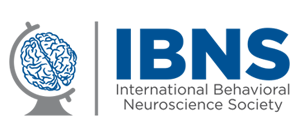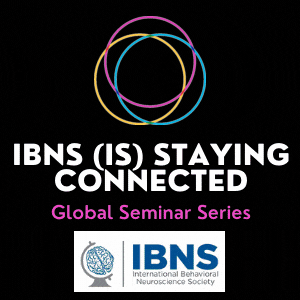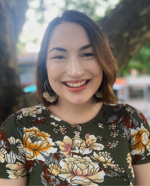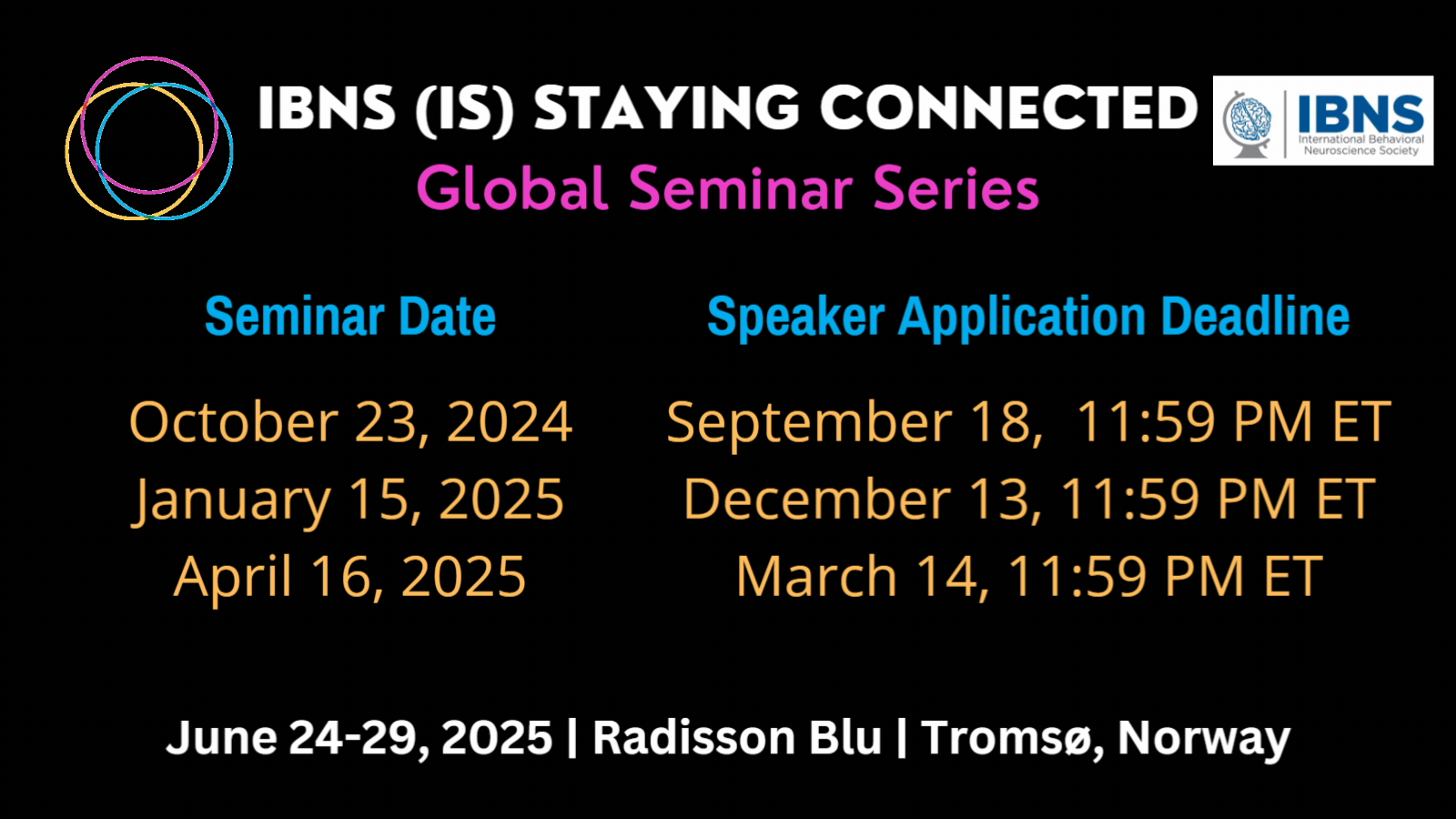|
Join us for a LIVE speaker seminar followed by Q&AWednesday, October 23, 2024 at 9AM AEST (6PM CST)The International Behavioral Neuroscience Society is proud to announce the next installment of our virtual,
Heather Macpherson Queensland Brain Institute, University of Queensland
Inflammatory, Metabolic and Behavioral Shifts in a Novel Rodent Model of Circadian Disruption: Heather Macpherson is a graduate student at the Queensland Brain Institute, where she studies the external and biological factors that play a role in bipolar disorder. Her work specifically investigates the impact of peripheral inflammation and circadian rhythm on the nucleus accumbens. This work will be represented in six publications that are in preparation and under review. She has received several scholarships and awards for her scientific work as well as her efforts in diversity, equity, and inclusion. These efforts include but are not limited to organizing several panels and events to promote accessibility in neuroscience, including a panel for the Australasian Neuroscience Society 41st Annual Meeting. Heather’s diversity, equity, and inclusion work has largely been on the ALBA-IBRO’s disability working group, where she has been instrumental in the development of several initiatives that promote accessibility in neuroscience, including organizing an institute-wide event dedicated to raising hidden disability awareness. Registration is FREE and you do not need to be a member!
Register Today!
CALL FOR SPEAKERS FOR THE IBNS (is) STAYING CONNECTED GLOBAL SEMINAR SERIES The International Behavioral Neuroscience Society is proud to announce the next installment of our virtual, global seminar series for early career researchers, “IBNS (is) Staying Connected.”
Apply Today!
Your abstract should clearly articulate your research question and approach, the interpretation of your findings and their implications, the innovativeness and impact of these findings, and should incorporate behavior. For the diversity statement, you should describe ways in which you have made efforts or plan to make future efforts to promote diversity and inclusion, with regards to culture, ethnicity, gender identity or expression, national origin, physical or mental difference, politics, race, religion, sex, sexual orientation, socio-economic status, and/or subculture, as described in the IBNS Diversity Statement. A statement evaluated as Outstanding would include specific examples (e.g. partnering organizations, collaborators, and/or applicant led-initiatives/programs) of things that have been done or being planned, as well as a clear explanation how these examples promote diversity and inclusion within the field of behavioral neuroscience. Your diversity statement will remain private among the few members reviewing the applications. Nothing in the diversity statement will be made public.
Apply Today!
|



